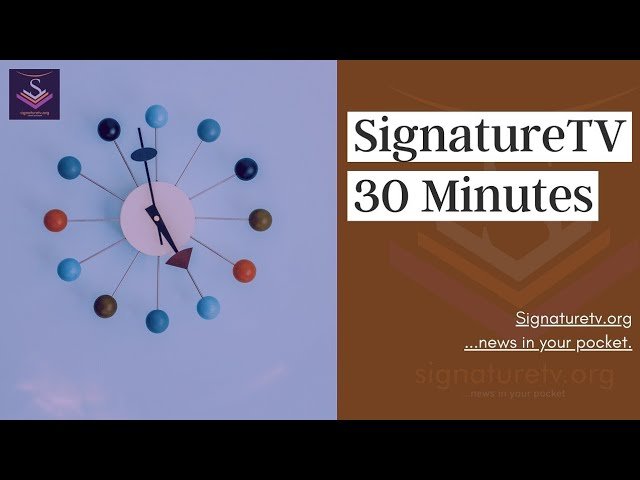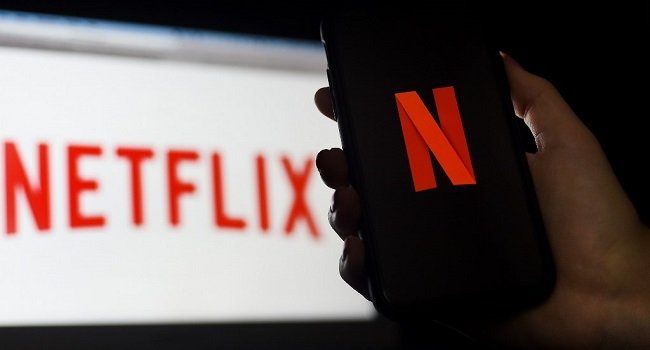Senate holds Emergency Session Over Financial Autonomy For LGs
The Senate is currently experiencing a stalemate regarding the implementation of financial autonomy for the 774 Local Government Councils across Nigeria, a right granted by the Supreme Court in August.
The issue came to the forefront during Wednesday’s session when Senator Tony Nwoye of Anambra North, representing the Labour Party, raised alarms about state governments allegedly undermining the Supreme Court’s ruling by enacting counter-laws through their State Houses of Assembly.
Citing Senate Standing Rules orders 41 and 51, Nwoye introduced a motion addressing concerns that some governors are compelling local governments to remit funds into State/Local Government Joint Accounts—a practice that the Supreme Court has deemed unconstitutional. Nwoye, backed by nine other senators, emphasized that these counter-laws pose a significant threat to the full implementation of local government autonomy.
As Nwoye concluded his motion, Senator Adamu Aliero of the PDP representing Kebbi Central invoked Section 287 of the 1999 Constitution, which mandates the enforcement of Supreme Court judgments across the country. Aliero argued for the Senate to refrain from further debate on the matter, stating that the Supreme Court’s decision should be accepted as binding and not excessively debated.
The discussion has led to confusion within the Upper Chamber, with senators split on how to proceed. While some advocate for stronger measures to enforce the ruling, others are cautious about how to approach the matter legislatively.
Aliero said, “Supreme court judgement is enforceable across the country . There is no need for us to be debating anything that has to do with it here “, he said.
Agreeing with Senator Aliero, Akpabio raised another constitutional issue as he called on the attention of Senators to section 162 sub-section 6 of the 1999 constitution.
The section according to Akpabio, created the State / Local Government Joint Account, which has to be amended in paving the way for full implementation of the Supreme Court Judgement.
Akpabio said, ” I think what we need to do is to carry out required amendments of certain provisions of the constitution as far as local governments autonomy is concerned”, he said.
But before taking a final decision on the motion, the sponsor, Senator Nwoye hurriedly raised order 42 of the Senate Standing rules for personal explanation on the motion the same time, Senator Abdulrahman Summaila Kawu, NNPP Kano South ) raised a similar point of order.
The simultaneous points of Order brought confusion into the session with many senators rushing to the Senate President for a personal consultation, which eventually, made the Senate go to an emergency closed-door session at exactly 12: 46. pm.
Recall that the Supreme Court had in early August this year, barred the 36 governors of the federation from further retaining or utilizing funds that are meant for the 774 Local Government Areas, LGAs, in the country.

The apex court ruled that it was illegal and unconstitutional for governors to continue to receive and seize funds allocated to LGAs in their states.
The Supreme Court had maintained that the “dubious practice” which has gone on for over two decades, was a clear violation of Section 162 of the 1999 Constitution, as amended.
In its lead judgement that was delivered by Justice Emmanuel Agim, the apex court held that no House of Assembly of any state has the power to make laws that could, in any manner, interfere with monies meant for the LGAs.
Stressing that the law mandated that LGAs must be governed by democratically elected officials, the Supreme Court ordered that forthwith, funds meant for the LGAs must be directly paid to them from the federation account.
The Supreme Court said, “Demands of justice require a progressive interpretation of the law. It is the position of this court that the federation can pay LGA allocations to the LGAs directly or pay them through the states.
“In this case, since paying them through states has not worked, justice of this case demands that LGA allocations from the federation account should henceforth be paid directly to the LGAs.”
It further declared unconstitutional the appointment of caretaker committees by governors to run the affairs of the LGAs. It held that the 36 states are under obligation to ensure democratic governance at the third tier of government.
The judgement was a sequel to a suit the Federal Government filed to secure financial autonomy for the LGAs.








